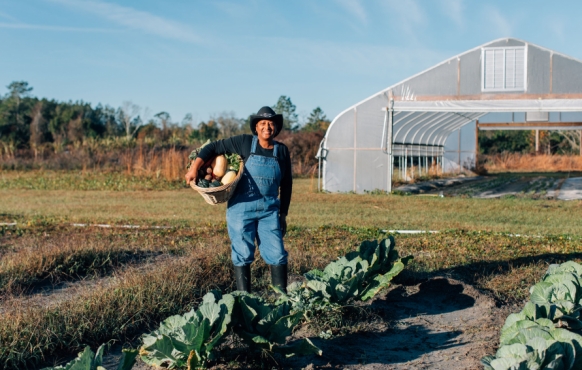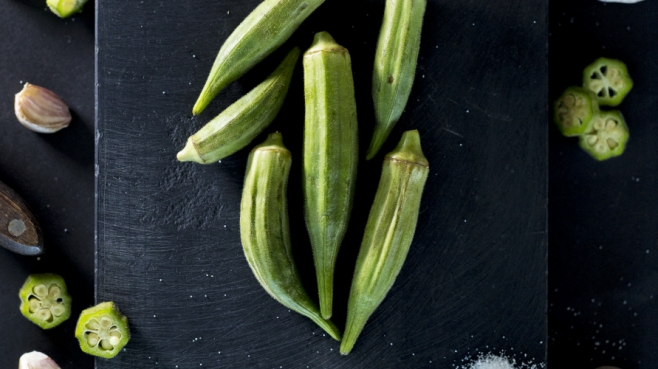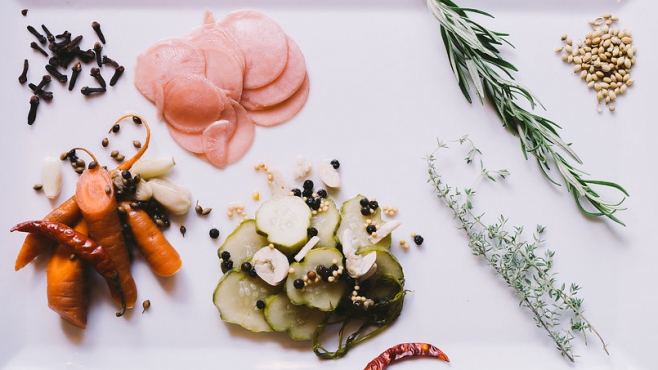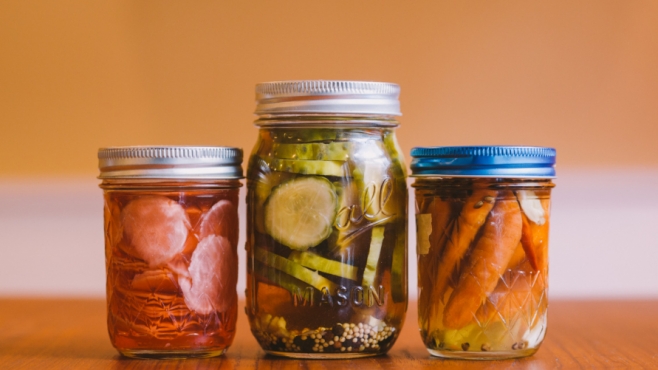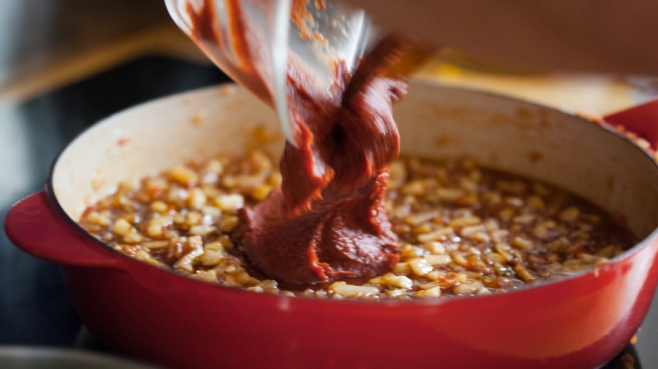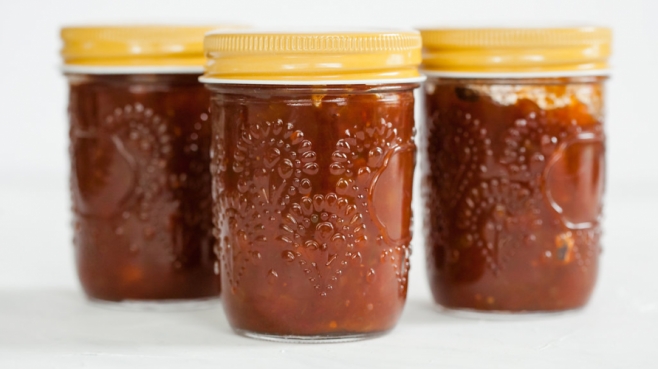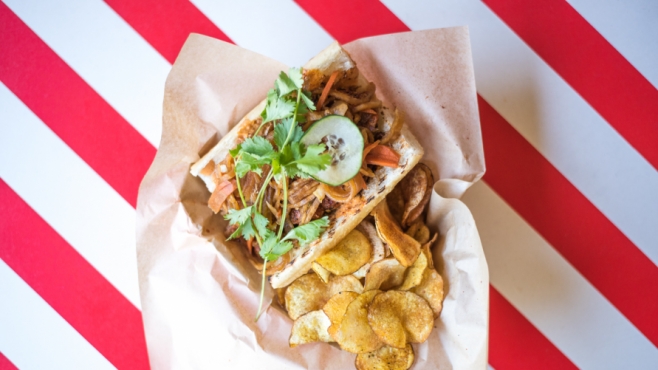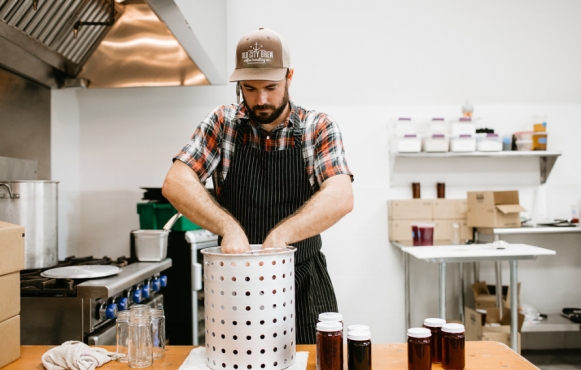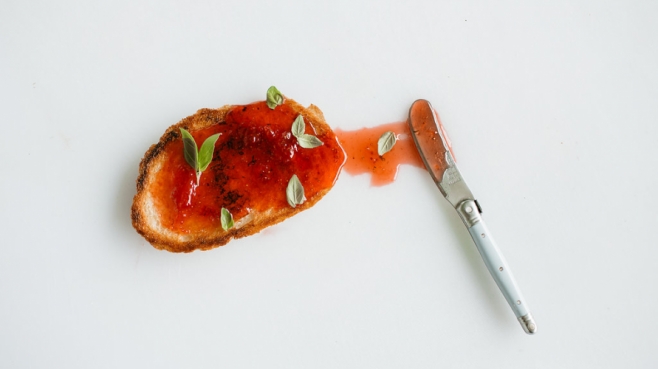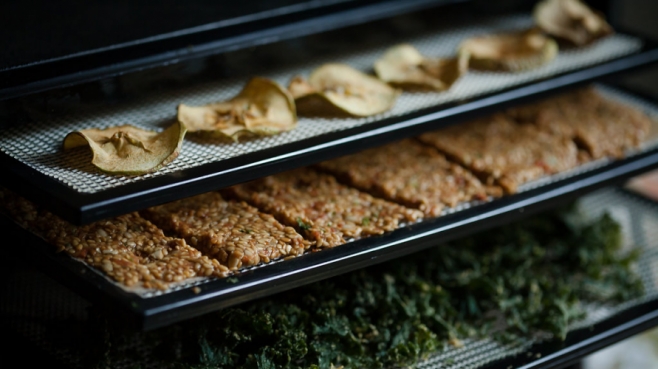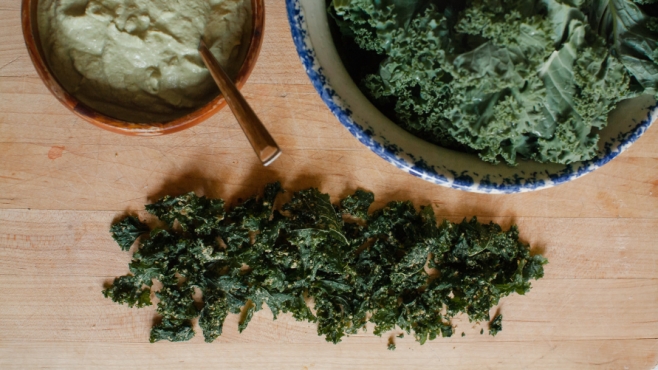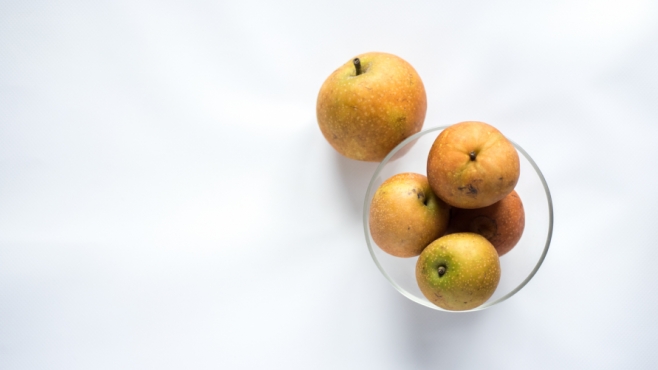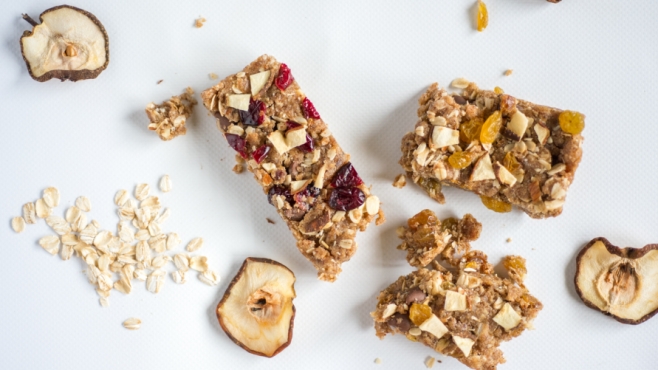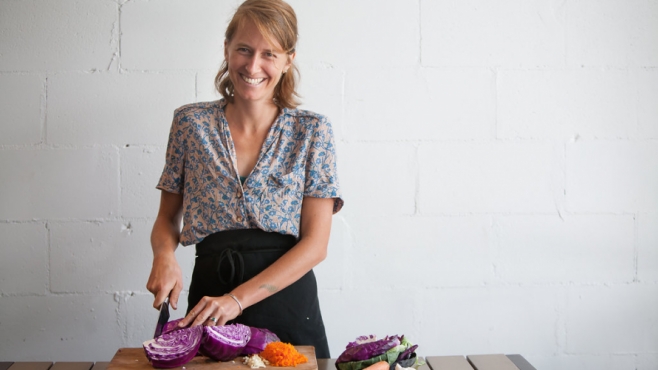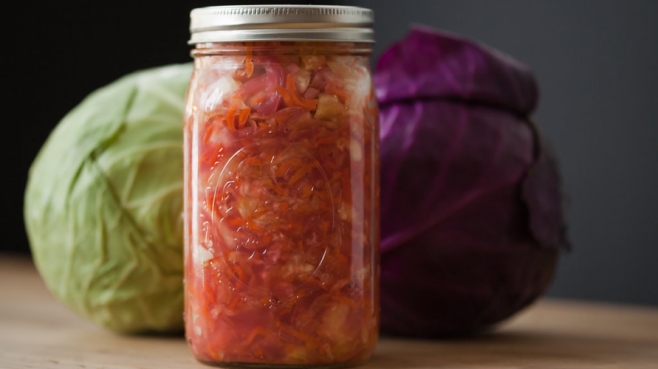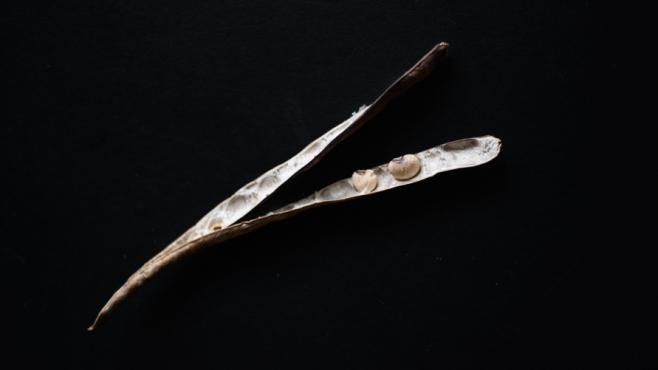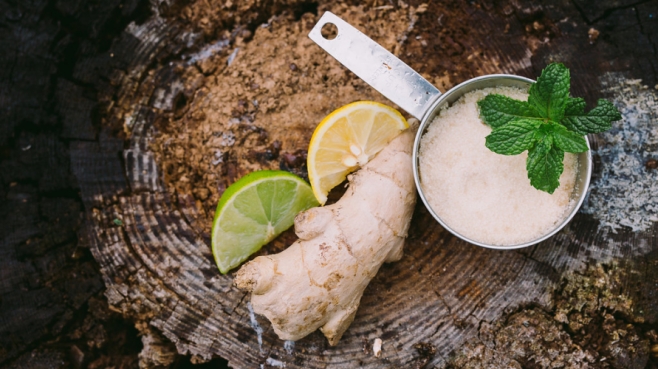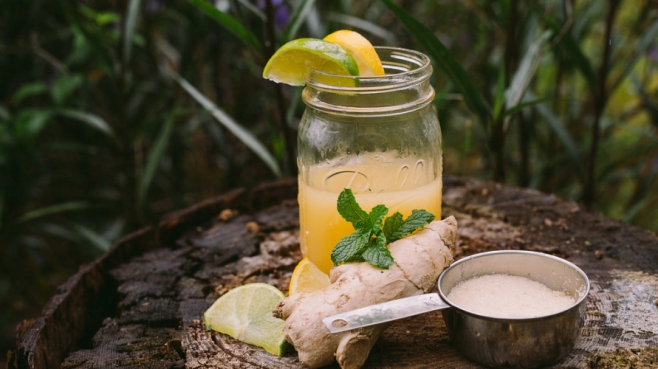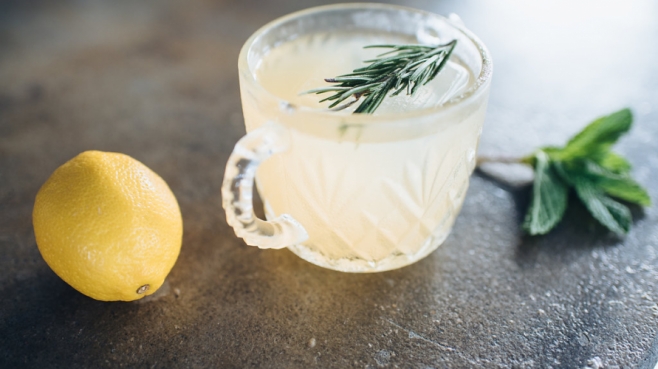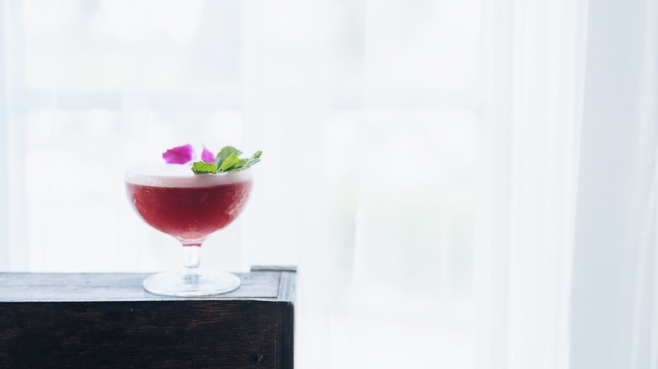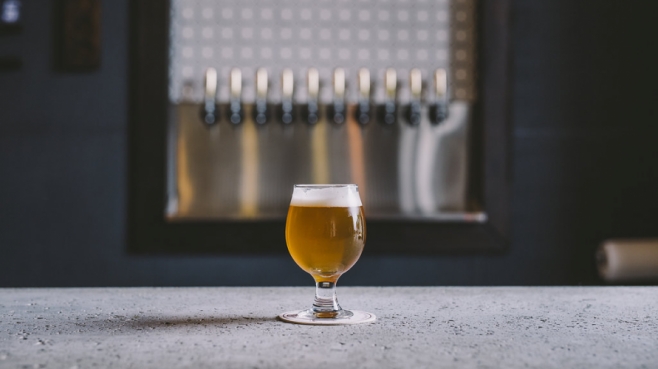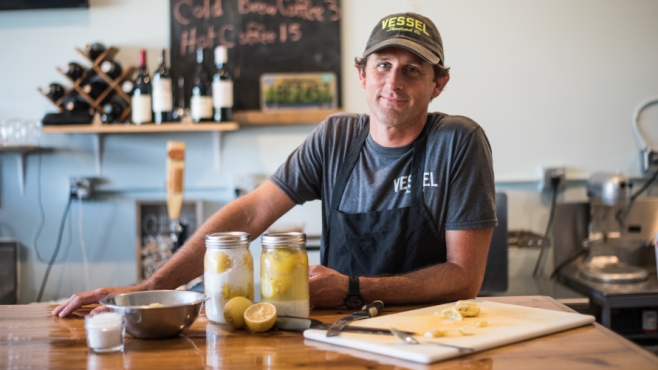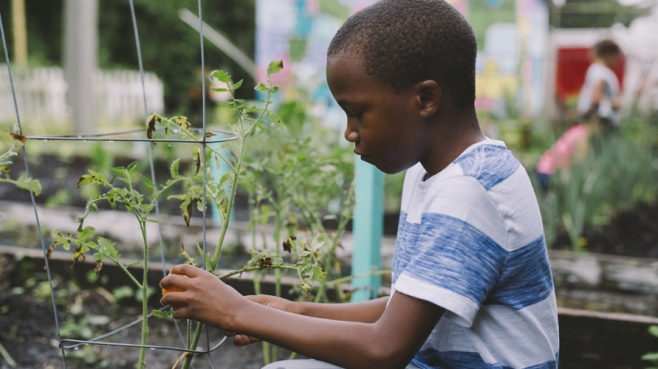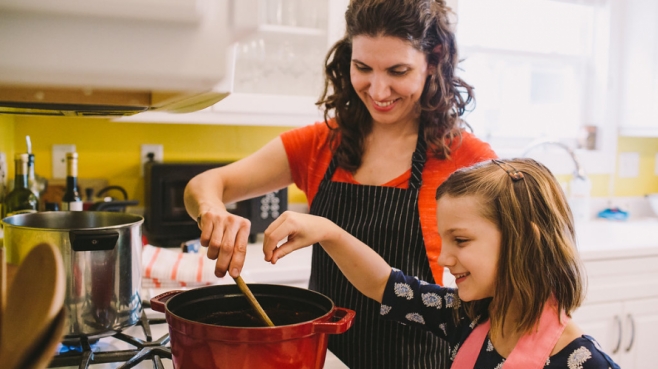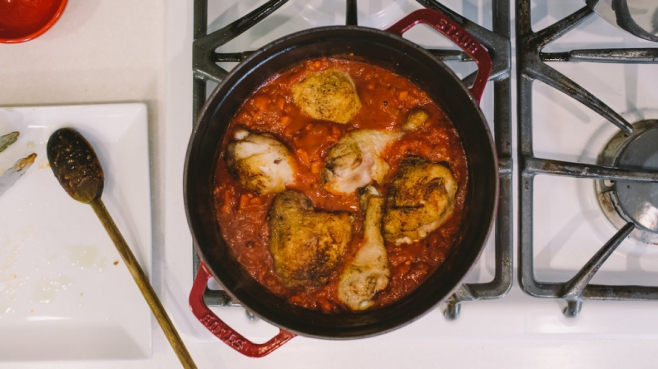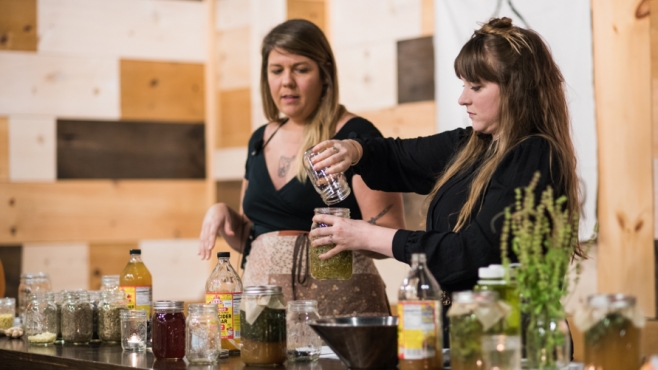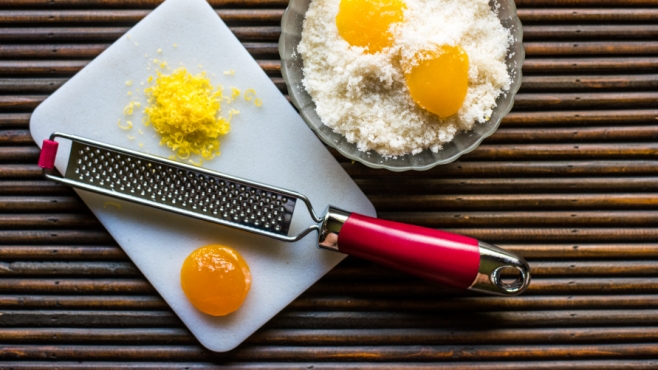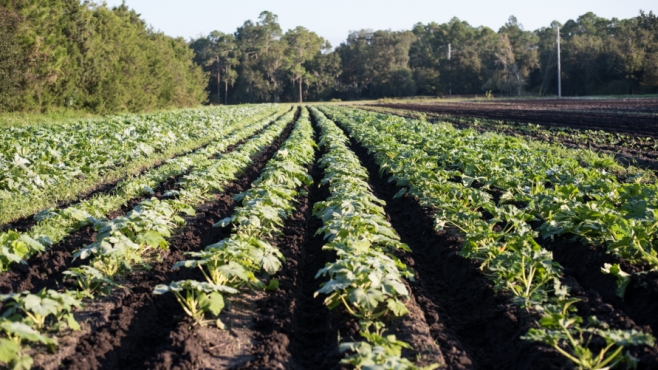The Lost Skills Issue
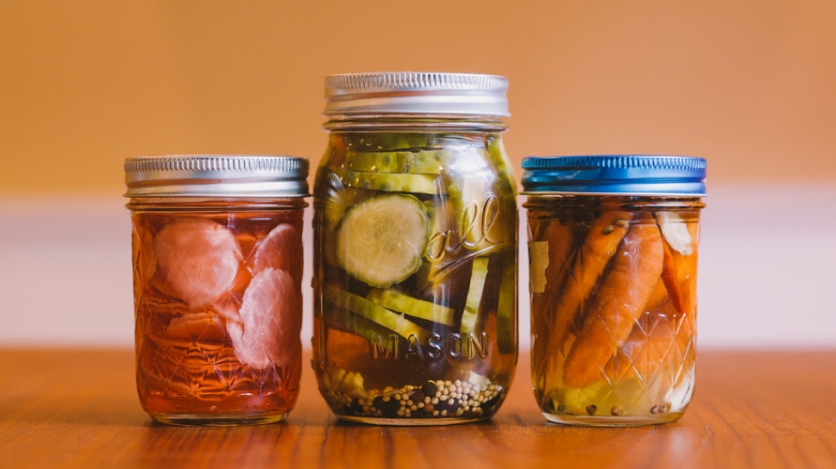
"How you interact with food is not simply cooking and eating, but rather conducting your life with intention, diligence and a thriftiness that comes from respect."
-- Francis Lam
A couple of summers ago, my friend Angie mentioned the abundance of figs from the tree in her yard. She had already harvested several quarts of the fruit, with more becoming ripe over the next few weeks, and was quickly running out of room in her freezer. Even though I had never made jam or jelly before, I offered to take the fruit and turn it into preserves for both of us. Once she agreed, I turned to my mother-in-law for a recipe. She had been making fig preserves since her early married life in rural Alabama, and the sight of those jars on the breakfast table was always a welcome start to the day. Bibba, as my husband’s mother is known, happily passed along her recipe, with tips and tricks from over 70 years of fig seasons. My first batch was a success, and now I eagerly await the heat of the summer to bring forth those tasty orbs destined for the Mason jars.
Preserving all types of food was common knowledge up until just a few generations ago. Daily life now requires an entirely different set of skills to get by, and we no longer need to know how to can, cure meat or grow our food to survive. We may not need to know, but there is a growing interest in rediscovering these lost skills and incorporating them into modern society.
That desire to preserve those basic human skills, and the resulting food products, is the focus of this issue. We explore how canning, pickling and other methods of preservation allow us to time travel with food, eating locally sourced ingredients long after seasons have passed. Read how area restaurants add traditional fermented foods to their menus with delicious results. Ready to step into the kitchen and try your hand at some of these lost skills? You will find step-by-step instructions on how to dehydrate, ferment and pickle at home. You can also hear about the good news on the home gardening front, as more of us are eager to get our hands dirty to grow our own food.
By relearning these skills, perhaps we will become a little less dependent on technology, allowing us a different way to interact with the world. How are you preserving our local food culture? We love hearing your feedback, so be sure to tag us on social media @edibleneflorida.
**********


